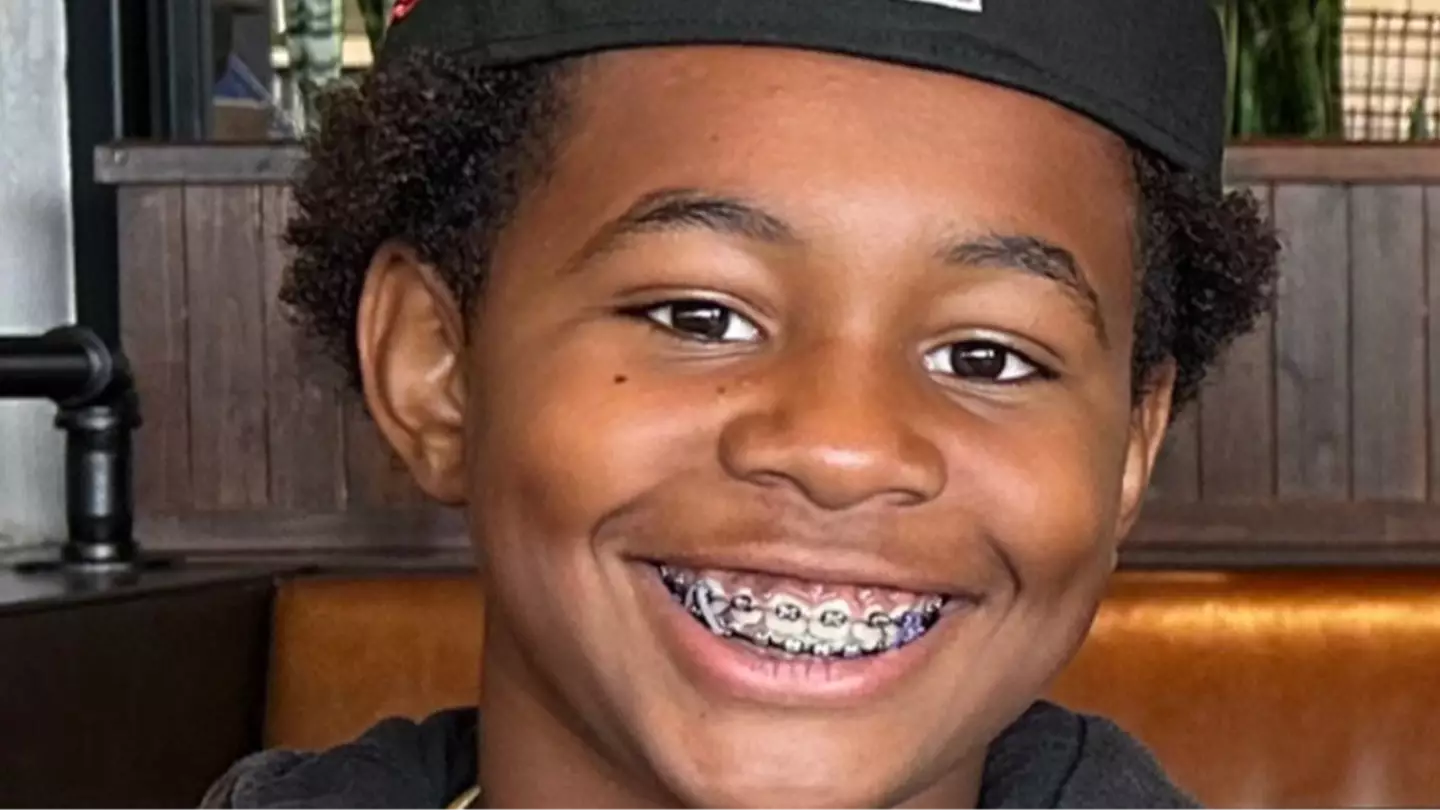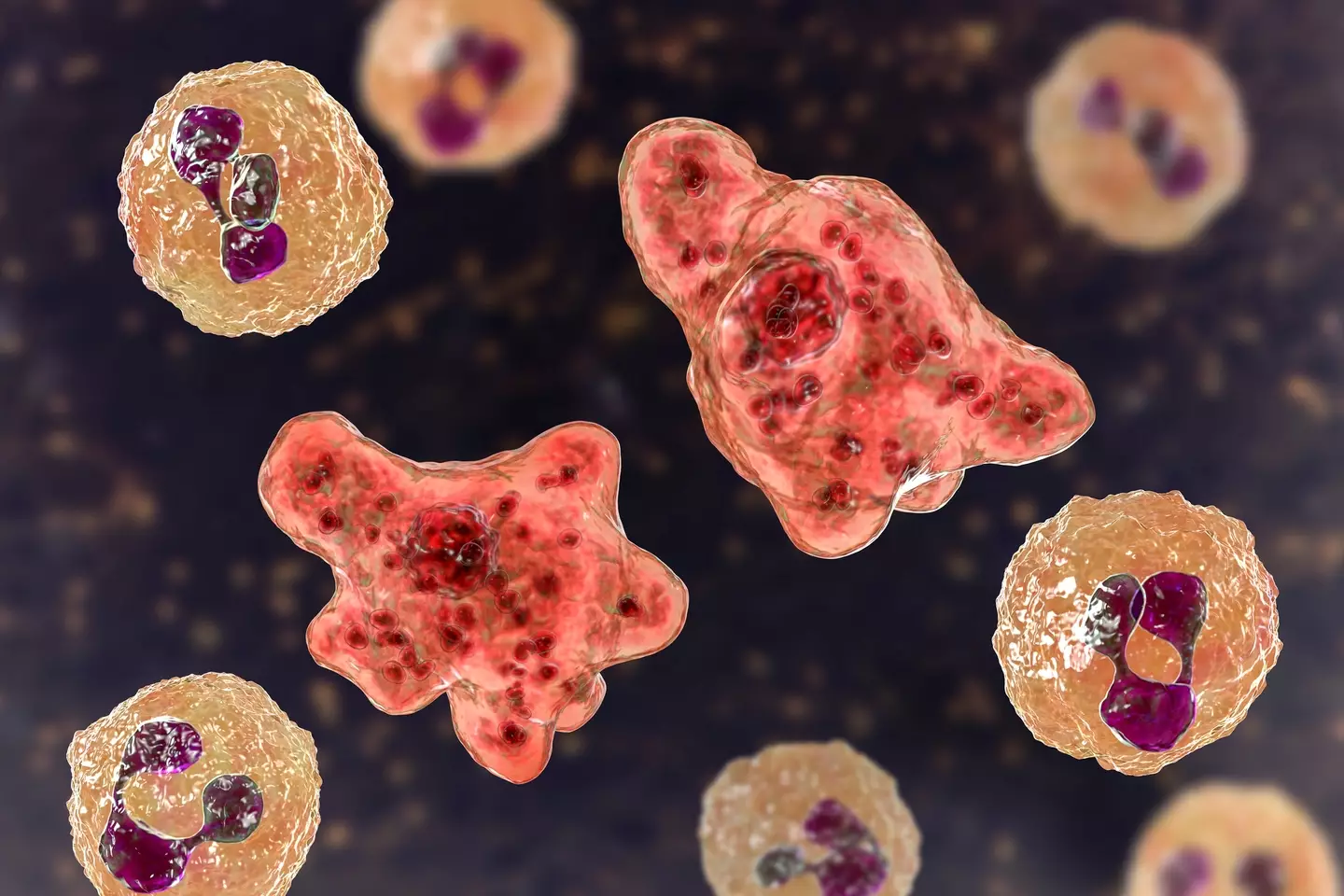
A 12-year-old boy has tragically died after contracting a brain-eating amoeba at a popular swimming spot.
Jaysen Carr died on July 18 shortly after having a dip in the Lake Murray, South Carolina, just outside of Columbia, US.
The youngster reportedly came into contact with the deadly brain-eating amoeba, Naegleria fowleri, while swimming in the man-made lake.
According to the CDC, Naegleria fowleri is a free-living ameba that thrives in fresh waters.
Advert
It gets its nickname as the 'brain-eating ameba' because, as the name suggests, it can infect the brain and destroy brain tissue.
The family's lawyer, Tyler Bailey, told WIS-TV in a statement: "Jaysen’s family is grieving this unthinkable loss, but they are also grateful at the outpouring of love and support they have received from the community.

"The family has many questions about how and why Jaysen died and wants to do everything in their power to ensure this doesn’t happen to another family.”
A GoFundMe for Jaysen described him as an 'incredible son, a devoted brother and a true friend to everyone who knew him'.
"His kind heart and bright spirit left a lasting impact on everyone he met."
The fundraiser, which has accumulated more than $47,000 at the time of writing, further reveals the child endured a 'tough medical battle' after his diagnosis.
The shocking fatality comes as the South Carolina Department of Public Health has stressed the boy's death is not part of a wider public health emergency.
The body also warned that the single-cell organism can naturally occur in warm bodies of water, but infection in humans is extremely rare, as per WIS-TV.
It's been almost a decade since the first case was ever reported in the state in 2016, while across the US, there have been only 167 incidents reported in the last 62 years.

According to the CDC, while brain infectors are rare, they are almost always fatal, with only four out of 167 surviving.
Though it typically lives in soil and warm freshwater lakes, rivers, ponds and hot springs across the planet, the CDC further warns Naegleria fowleri has been found in some poorly maintained swimming pools, splash pads and other recreational water spots - and even tap water.
In the event it goes up the nose of a human being, the condition can cause an infection in the brain known as primary amebic meningoencephalitis (PAM).
The agency notes early signs and symptoms of PAM include headache, fever, nausea and vomiting, and warns the infection 'progresses rapidly'.
After exposure, most humans die within one to 18 days. The infected person typically goes into a coma first before dying after around five days afterwards.
Donations to help Jaysen's family with medical and funeral expenses can be made here.